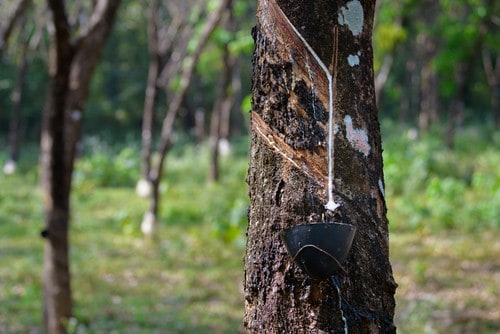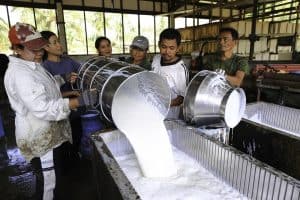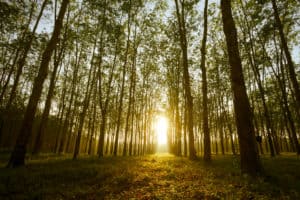The regional sub-Groups of the Capacity Building Working Group continue to advance discussions on developing country-specific capacity building goals and strategies for Indonesia, Thailand, Côte d’Ivoire and Myanmar.
The sub-Groups have made progress in identifying three issues of priority per country. Focusing on these issues, the sub-Groups have pinpointed the drivers or causes of these issues, as well as developed priority actions to address them. Having already established who the existing stakeholders conducting on-the-ground capacity building projects are, the next step is to approach identified local agencies to discuss possible collaboration and partnership.
The Capacity Building Working Group is developing a budget estimate that would provide a more comprehensive overview of the resources involved in carrying out the planned capacity building initiatives.
The members of the Working Group recognize the importance of involving smallholders and government agencies in the process of developing these capacity building plans, and are working towards engaging these parties in the discussion.
Meanwhile, the Smallholders Representation Working Group continues to finetune the onboarding programme for smallholders prior to the General Assembly 2020. A sub-Group has also been formed to consider the issue of financial support for smallholder participation at subsequent General Assembly meetings.






